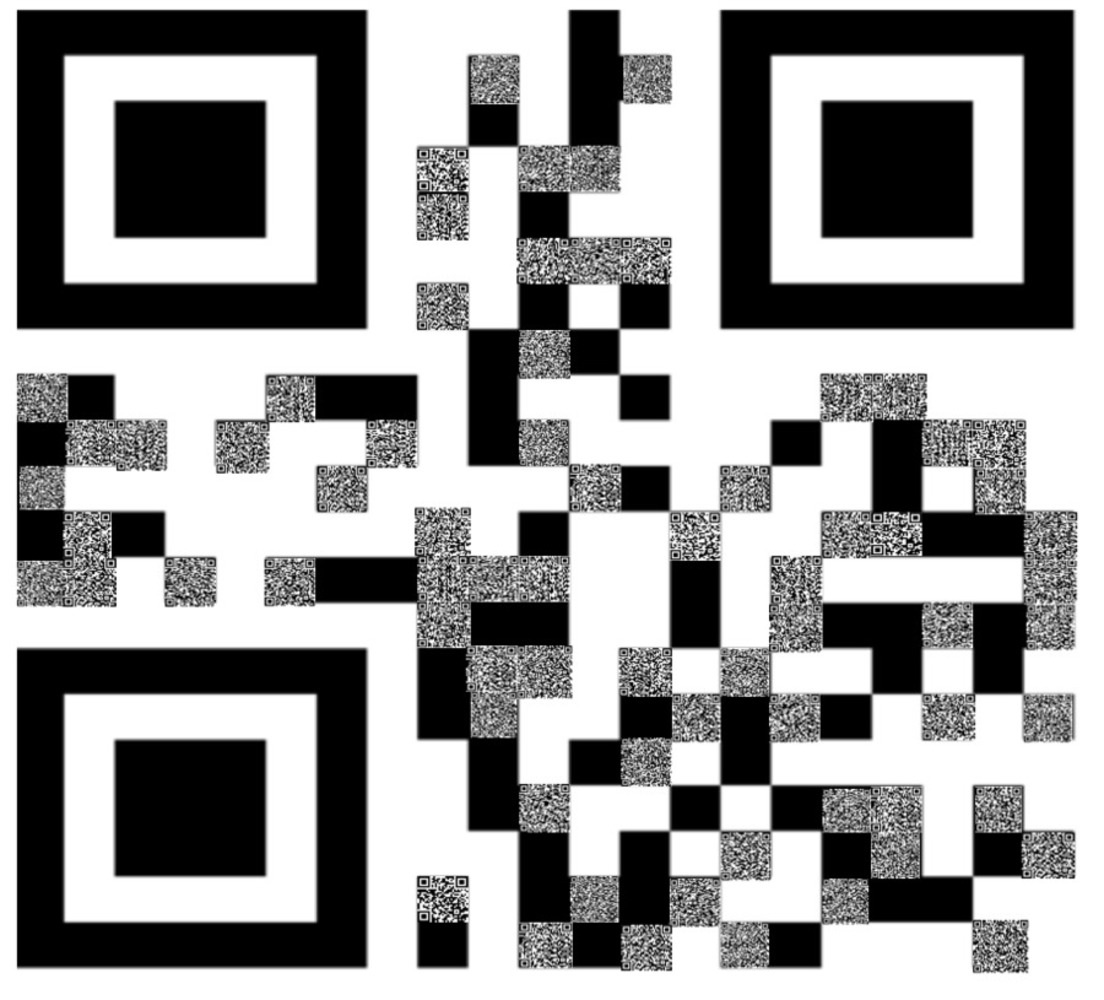Intention
The intention of this project is to attempt to present the viewer two messages behind the piece. The first is the impact advertising is having on digital news media, specifically the rise of the importance of the marketability of the news, native advertising disguised as news, and more. The second is to present another view of the internet; while the piece itself is titled news and is form the exterior designed to lead the user to believe that the code should link to the news, instead it leads the user to a page bombarded with advertisements, hopefully illustrating the nature of distraction of the internet from the user's intentions.
UPDATED
The new intention of the project is to present a more visible version of native advertising and how it affects news and the sites it affects. First off, the large QR code is the homepage of Buzzfeed, which to many may be seen as the start of access for information for a lot of people. And to a degree, it is, reflected in the random real unsponsored articles scattered int he QR code. Yet there are many more which are sponsored content or lead to sponsored content, a mix of banner ad growth on sites and the rise of native advertising. Finally, a top ten article on Buzzfeed ads and the book it advertises also is scattered within, showing an external effect that Buzzfeed's effective advertisement integration has had on the business of the news as a whole.
